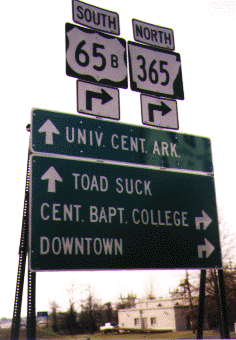
Well, lookey here. Someone decided to post a new blog. Watch out! Oh, the comments, the comments, the comments!
Recent events in my life for reflection and consideration:
-recorded a song with a full band for the first time
-chris and mc got married
-nico came back from his exodus
-went to a lucero festival in batesville
-saw an ultimate fighting competition at a lucero festival in batesville
-sister got knocked up
-alyssa broke up with me
-got a sweet new computer
-got a sweet...reliable new car
-matt got a sweet new car
-dustin totaled his new truck
-mikey got a new boo
-mark got a new job making tons of money as a deconstructionist (perfect)
-the Dow just dropped ten points (i guess its a buyer's market now, so put on your speculatin' spectacles the bulls'a stampedin')
-matt did a body shot out of kevin kerby's shirtless bellybutton
-came up with a new drink called the black mamba I'm pretty sure it has Jager in it
well, that should do me hard indabut for now
till next time:
good times, great oldies!




